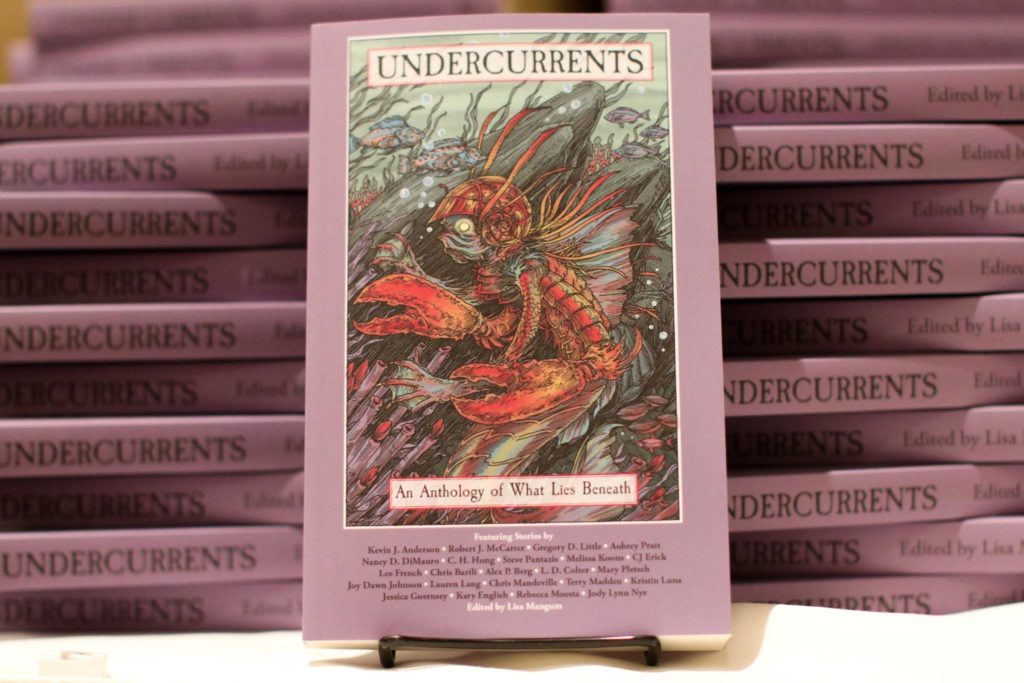One of the best things about the writing community is when an established author devotes some of their valuable time to helping out those of us who are still up-and-comers, particularly indie authors. You’ve heard about that sort of thing a million times over on this site via Superstars Writing Seminar, but today I’m going to talk about author Mark Lawrence‘s Self-Published Fantasy Blog-Off (or SPFBO for short).
For the past three years running, Mark has coordinated a contest with ten blog reviewers per year (even more generous with their time) where self-published fantasy authors can submit their work and have it compete. The books are divided up equally among the bloggers, who then read each of their entries and select their favorite to advance. There were three-hundred entrants the year Unwilling Souls was in the mix, working out to thirty books per blogger, so as I said above, this was a significant time investment on the part of these reviewers.
The ten favorites would then advance to a final round, where all ten bloggers would read all ten entries and then vote on the best, which is declared the winner. But this isn’t like the Super Bowl, where only one team goes home happy. Each step of this process is a chance to increase the number of reviewers who have been exposed to your work and, if they like it, who may tell others about it. Unwilling Souls didn’t win its heat of thirty books, but it did runner-up. Mark kindly held online interviews with each of the runners-up of their respective heats, a chance to give a little extra exposure to books that had just missed the final-round cut. In addition, the contest put me in touch with several authors and bloggers increasing the number of cool people I know as well as the size of my networks that are critical for an indie author.
The SPFBO is just one example of the community of authors and reviewers working together to spread the word about great books that don’t have the kind of exposure you’d see with a traditional bestseller. It’s a community indie authors in particular need to get plugged into. I’m not sure if there will be a 2018 SPFBO or not, but even if the contest is put to bed, my larger point stands: get out there, find people who are enthusiastic about reviewing indie author’s books, and get in touch with them. The main tool indie authors have at their disposal is word of mouth, but that requires a lot of upfront work on our part, spreading the word until hopefully, one day,
About the Author:
Gregory D. Little began his writing career in high school when he and his friend wrote Star Wars fanfic before it was cool, passing a notebook around between (all right, during) classes. He is the author of the Unwilling Souls series, as well as stories in the A Game of Horns, Dragon Writers, and Undercurrents anthologies. He writes the kind of stories he likes to read, fantasy and science fiction tales featuring vivid worlds, strong characters, and smart action all surrounding a core of mystery. He lives with his wife and their yellow lab.
You can reach him at his website (www.gregorydlittle.com), his twitter (@litgreg) or at his Author Page on Facebook.


